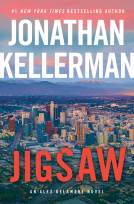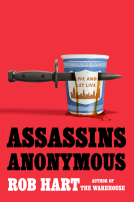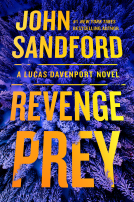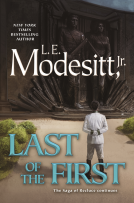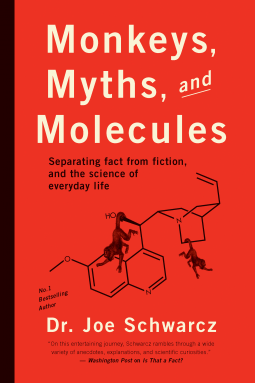
Monkeys, Myths, and Molecules
Separating Fact from Fiction, and the Science of Everyday Life
by Dr. Joe Schwarcz
This title was previously available on NetGalley and is now archived.
Send NetGalley books directly to your Kindle or Kindle app
1
To read on a Kindle or Kindle app, please add kindle@netgalley.com as an approved email address to receive files in your Amazon account. Click here for step-by-step instructions.
2
Also find your Kindle email address within your Amazon account, and enter it here.
Pub Date May 12 2015 | Archive Date May 01 2015
Description
The internet is a powerful beast when it comes to science; the answer to any query you may have is just a few keystrokes away. But when there are multiple answers from various sources, how do we know what information is reliable? In Monkeys, Myths, and Molecules, bestselling author Dr. Joe Schwarcz takes a critical look at how facts are misconstrued in the media. He debunks the myths surrounding canned food, artificial dyes, SPF, homeopathy, cancer, chemicals, and much more.
Unafraid to expose the sheer nonsense people are led to believe about health, food, drugs, and our environment, Dr. Joe confronts pseudoscience and convincingly and entertainingly advocates for a scientific approach to everyday life.
A Note From the Publisher
Available Editions
| EDITION | Paperback |
| ISBN | 9781770411913 |
| PRICE | $17.95 (USD) |
Links
Average rating from 9 members
Featured Reviews
 Reviewer 124126
Reviewer 124126
The so-called "junk science" is everywhere now. It's easy to see another alarming heading on a newsfeed, easy to share and yet hard to analyze, so this collection of short articles explaining common misunderstandings and misrepresentations, whether deliberate (I'll point at PETA's "chicken wing" statements here) or unintentional, is very welcome.
It's a good book for dipping into, one chapter at a time. It's also ideal for leaving in a communal area, or for chemistry teachers to inspire students and show the relevance of chemistry in the real world. (The point, as [book:Monkeys, Myths, and Molecules] shows, is that chemistry is everywhere, and rarely separated from the other sciences.)
Don't expect snappy "top ten" lists, but do expect straightforward explanations of the science behind the myth, and the flaws and fallacies. "Natural does not mean "healthy", but equally "scientific" does not mean "right", and Schwarcz debunks some of the more pervasive myths on fairly much every topic from food to health and the history of medicine. He educates us with real science, giving practical solutions (or real issues to worry about). There's enough science for geeks, but it's easily understood - or skipped - for a layman. (My eyes did glaze a little during some of the more detailed explanations.)
And it's not just scientific debunking. Quite often it's just a matter of pointing out statistical fallacies or misrepresentations, such as 65% decreases that sound wonderful... until you realize the original figure was miniscule to begin with.
He doesn't hesitate to call out fear-mongering celebrities such as Dr. Oz and The Food Babe who mangle science in an effort to garner publicity, instead filling us with facts to delight random trivia buffs. It's almost like a guided tour through a "Popular Science" wiki. He points out the hypocrisy of human thinking, where we'll studiously avoid "chemicals" in one area and then saturate ourselves in them somewhere else, and the irresponsibility of manipulating data and studies to fit an agenda, and isn't averse to admitting that sometimes we just don't have an answer... yet.
In short, it's about putting science in context, understanding the hype, and having some awareness of how statistics can be manipulated. The writing seems balanced, and is easy to read. Each segment can be read in isolation, having its own introduction and snappy finish, offering a clear conclusion where possible. Schwarcz might be considered the Bill Bryson for chemistry.
There's a good index at the end, too, so you can easily find the science to refute whatever histrionic scare might pop up next.
Readers who liked this book also liked:
Kyosuke Kamishiro
Comics, Graphic Novels, Manga, Romance, Teens & YA
